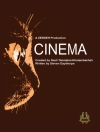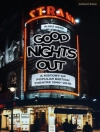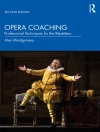In this, the first full-length treatment of the child in Spanish cinema, Sarah Wright explores the ways that the cinematic child comes to represent ‘prosthetic memory’. The central theme of the child and the monster is used to examine the relationship of the self to the past, and to cinema.
Concentrating on films from the 1950s to the present day, the book explores religious films, musicals, ‘art-house horror’, science-fiction, social realism and fantasy. It includes reference to Erice’s The Spirit of The Beehive, del Toro’s Pan’s Labyrinth, Mañas’s El Bola and the Marisol films. The book also draws on a century of filmmaking in Spain and intersects with recent revelations concerning the horrors of the Spanish past. The child is a potent motif for the loss of historical memory and for its recuperation through cinema.
This book is suitable for scholars and undergraduates working in the areas of Spanish cinema, Spanish cultural studies and cinema studies.
Table des matières
Introduction: the child in Spanish cinema
1. Auratic encounters with the child of the cine religioso
2. Coming of age with Marisol
3. Memory and the child witness in ‘art-house horror’
4. Angels and devils: embodiment and adolescence in recent Spanish films
Conclusion
Index
A propos de l’auteur
Sarah Wright is Senior Lecturer in Hispanic Studies at Royal Holloway, University of London












